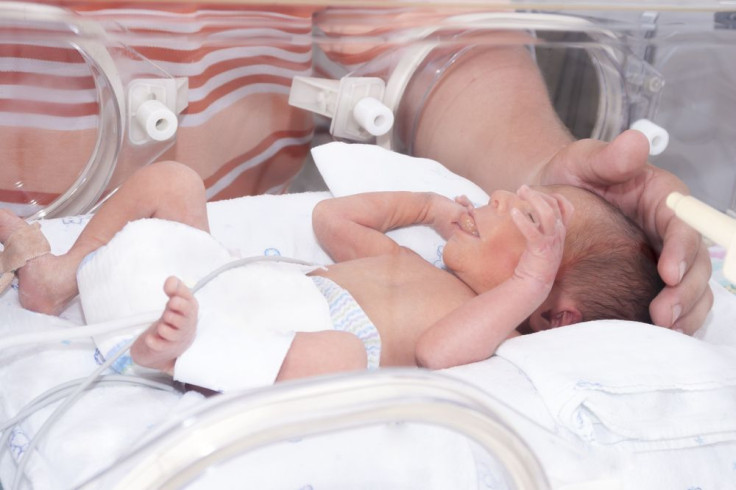Premature Birth Alters Brain Wiring: Preemies Show Higher Risk For Autism, Behavioral Disorders

The wiring between key areas of a baby’s brain can be altered by premature birth, say researchers from King's College London. In fact, the earlier the birth, the more marked the differences in brain connection patterns. Though disheartening, findings from the new study may lead to a better understanding of why preemies are at greater risk of neurodevelopmental problems, including attention deficit disorders and autistic spectrum disorders.
“The ability of modern science to image the connections in the brain would have been inconceivable just a few years ago, but we are now able to observe brain development in babies as they grow,” Dr. David Edwards, senior author and a professor at the Centre for the Developing Brain at King's College London, stated in a press release. “This is likely to produce remarkable benefits for medicine.”
One in 10 Babies
The World Health Organization calculates more than one in 10 children are born prematurely, and this is the leading cause of death in children under the age of 5. Survivor premature babies often face a lifetime of disability, including visual and hearing problems and also learning issues. On average, 12 percent of babies are born too early in lower income countries compared to nine percent in higher income countries. Though this is a significant difference, the rates are high throughout the world.
For the study, the researchers used functional MRI to look at specific connections in the brains of 66 total infants: 19 born at term and 47 born prematurely (before 33 weeks of gestation). In particular, the investigators looked at the brain connections between the thalamus and the cortex. These connections are known to develop rapidly just before the normal window of birth (between 37 and 42 weeks), yet this developmental period coincides with the time period a preterm infant would be cared for on a neonatal unit.
What, then, results from these highly different life experiences — developing normally in the womb or developing in a neonatal ward?
The infants born at term showed similar structure to adults in the specified brain regions, the researchers discovered. Existing research suggests the brain's network of connections is quite mature at the time of birth, so this finding strengthens previous studies.
The premature babies, by comparison, showed less wiring between areas of the thalamus and the areas of the brain's cortex known to support higher cognitive functions. The researchers speculate this reduced connectivity may be linked to higher incidence of difficulties seen in later childhood. At the same time, the preemies had more wiring between the thalamus and primary sensory cortex, the brain region tasked with processing signals from the face, lips, jaw, tongue, and throat. The researchers hypothesize an early exposure to bottlefeeding and breastfeeding caused these strengthened connections.
Source: Toulmin H, Beckmann CF, O’Muircheartaigh J, et al. Specialization and integration of functional thalamocortical connectivity in the human infant. PNAS. 2015.
Published by Medicaldaily.com



























